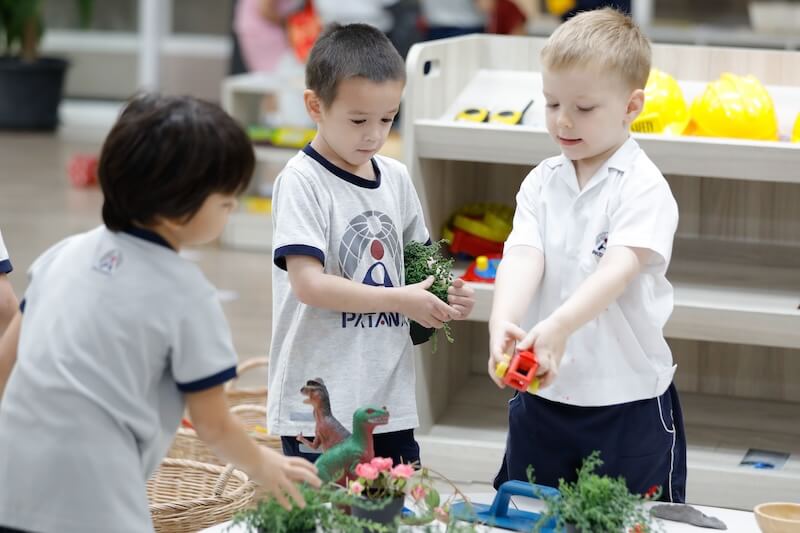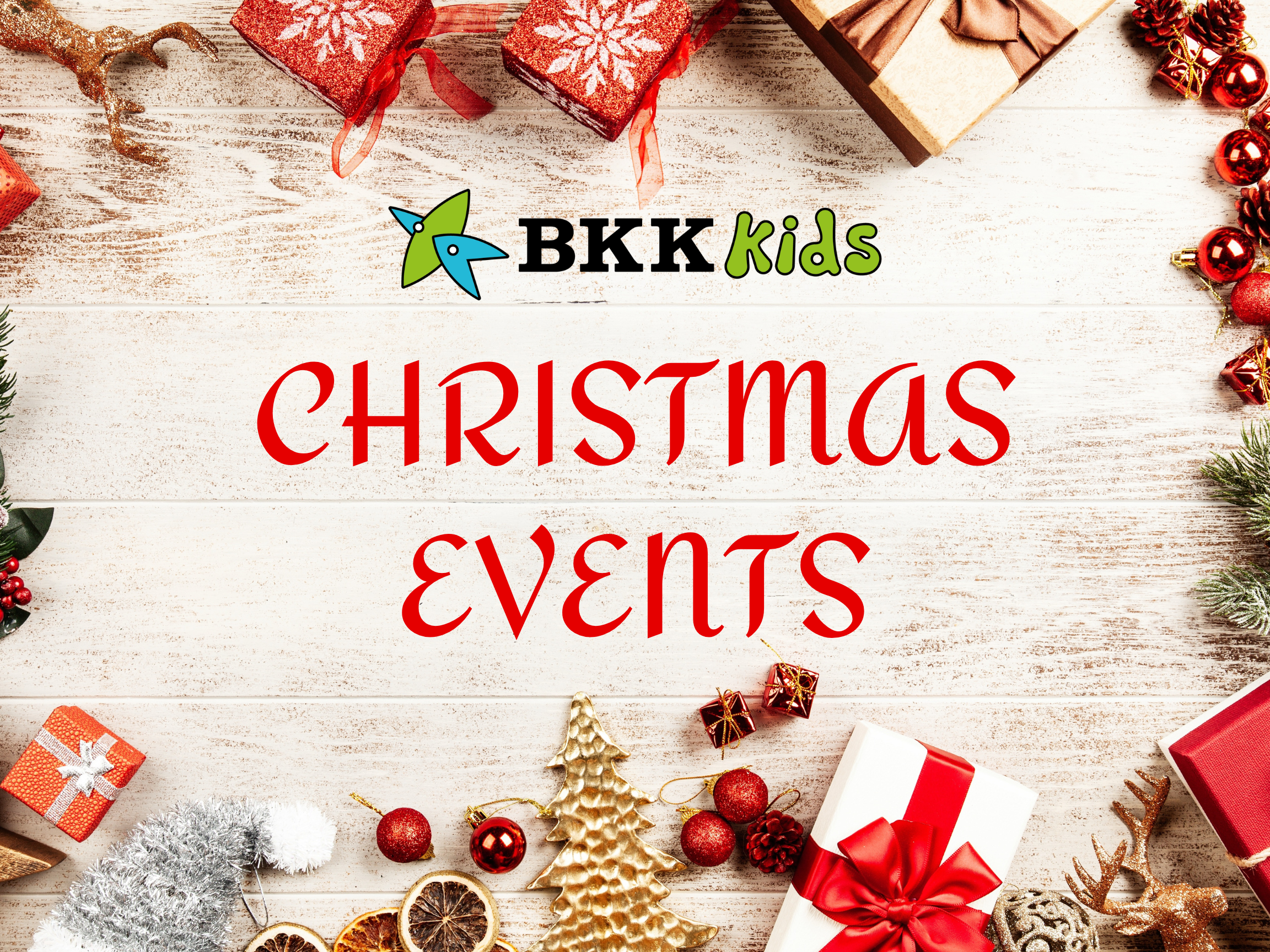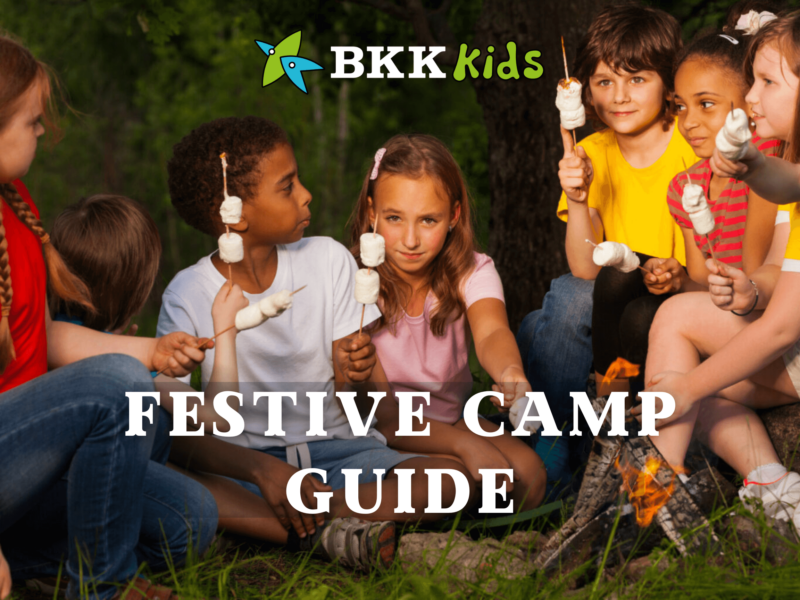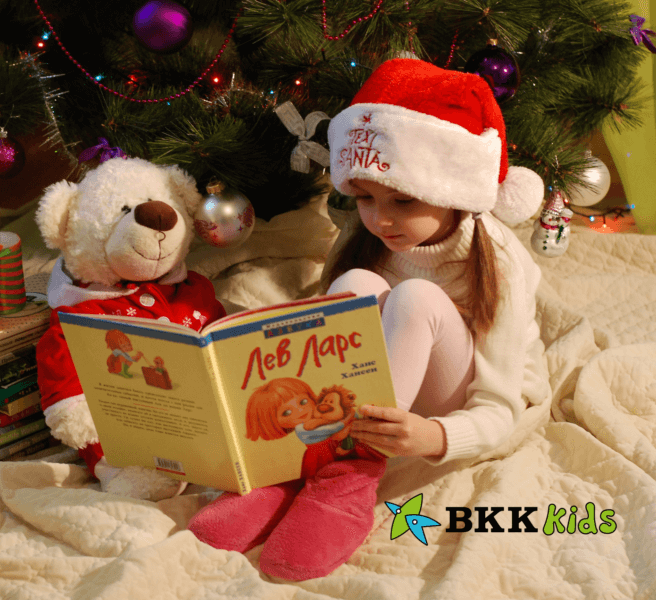With thanks to Carol Battram, Assistant Principal for Learning and Welfare at Bangkok Patana, Primary school.
Friendships are still a source of joy – and heartbreak. Many of us still spend too much time sending each other nonsense memes and place-holder messages and far too little time catching up in person.
Stop-press! Friendships are Important!
A small number of my friends have remained constant for 30+ years but most friendships come and go. Some flourish with minimal care whilst others feel like the worst sort of unrewarded work. I’ve invested heavily in some friendships that have come to nothing – which nearly always hurts. It’s really not that much different for our students – except that they also have to live out their formative years with a continuously rotating door of arrivals and departures.
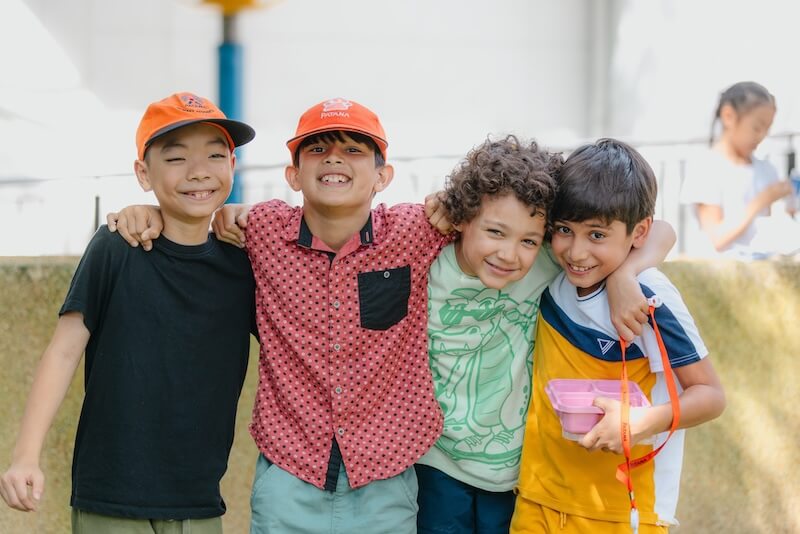
Teaching the Skills and the Language of Friendship
We get marginally better at navigating friendships, but mainly through trial and error and the willingness of others to forgive us when we get things horribly wrong. I wish I had been taught that friendships are not always healthy, and that respectful disagreements can and should be part of a mutually respectful relationship. I wish I had been told that confronting a problem needn’t be a bad thing, and that advocating for oneself is not the same as being mean to others.
From Nursery through to Senior Studies, our students are taught about friendships and how to keep them in the healthy zone. We teach that most friendships will have their ups and downs and that’s okay. We teach that every friendship is different, and that it is good to have different friends. We try to take away the unhelpful pressure to find a BFF.
We want every child to learn that trust, kindness and respect are the key ingredients for a healthy friendship. If spending time with a friend makes us feel good about ourselves, that’s in the healthy zone. If we are left feeling sad, excluded or anxious, then this friendship needs re-evaluating. Sometimes a friendship starts off well, but those key ingredients are missing. A friendship should make us feel happy, trusted and respected.
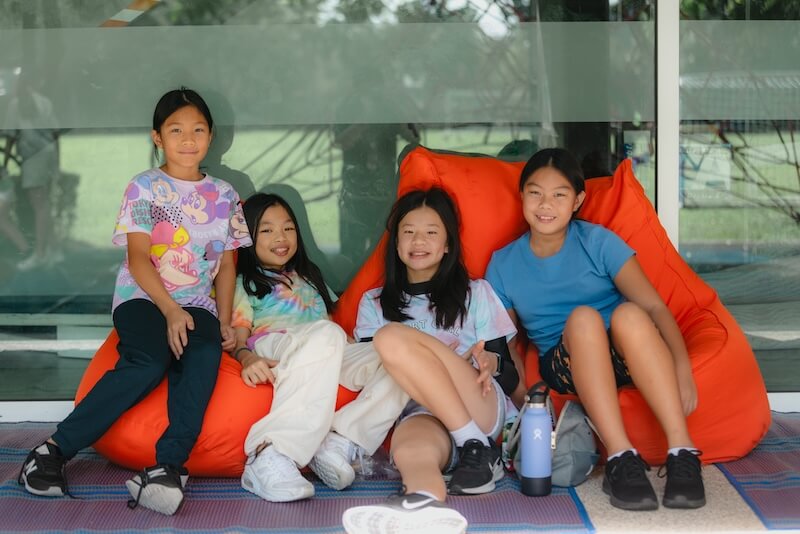
Children should be taught words and skills so that they can explain how they are feeling about their friendships and recognise when something needs to change. It’s common for one friend to have no idea why their friend is upset with them. A friendship can’t be repaired until we know what has caused the problem.
Peaceful Problem Solving and Friendship Fires
In our school, a typical upset between friends is called a Friendship Fire. Most can be put out using peaceful problem-solving conversations – often supported by the teacher. As they get older, our students start to understand that there are different points of view, and to respond in a more thoughtful way. The aim of peaceful problem solving is to confront the issue honestly, and then to forgive and forget, leaving their friendship closer and stronger. We want our students to become conflict-resolvers, not conflict-avoiders.
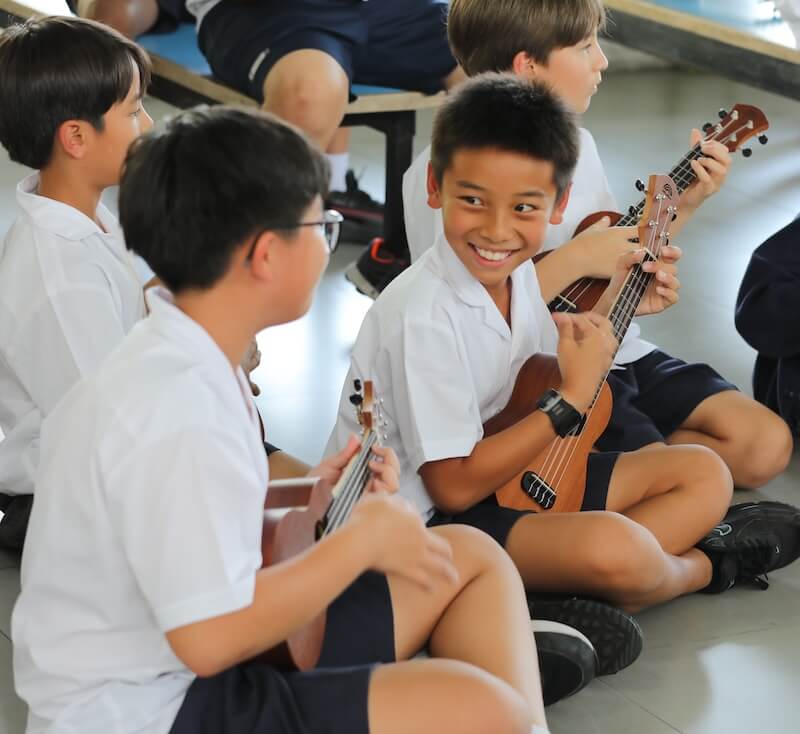
Find a good time to talk and listen.
Using a calm, serious voice:
- Retell the situation.
- Explain how it made you feel.
- Talk it through, being respectful and honest.
Responding to mean-on-purpose Behaviours
When children are ‘mean-on-purpose’, they are driven to cause hurt and distress, perhaps several times on purpose. This happens often within the child’s friendship group. Mean-on-purpose behaviours require different responses in order to support all of the children involved and to bring about positive change. Children should learn how to stand up for themselves without making the problem even bigger and possibly getting into trouble themselves. This is something that many of us would find challenging but, like any skill, the more you practice, the better you get.
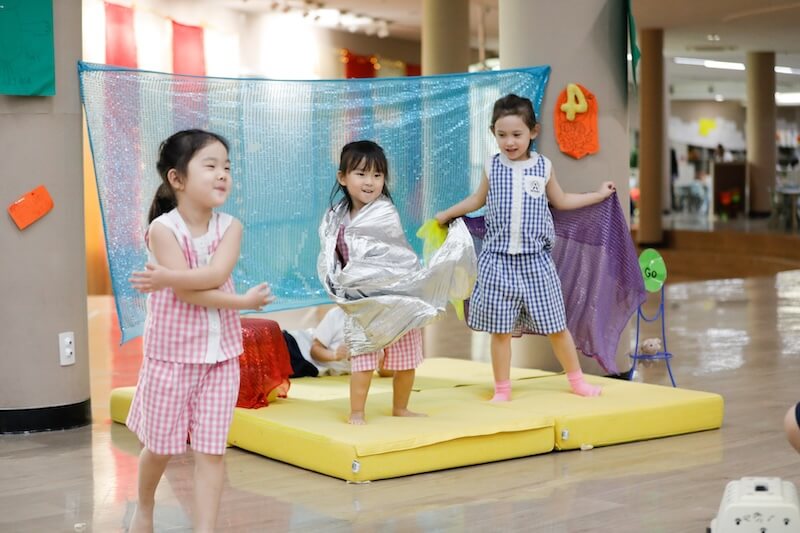
Deploy a Quick Comeback!
‘That’s unkind. You need to stop.’
‘It’s not okay to talk to me like that.’
‘Stop. I don’t like it.’
‘I’ve asked you not to call me that.’
Very few of us can come up with a quick and effective comeback when we most need one, so we teach children some key phrases and how to use them. Sticking up for yourself is not rude. In Foundation Stage many of our child use, ‘Stop, I don’t like it’. The best comeback is the one that gets used, even when your brain is flustered.
- Say your Quick Comeback using a strong voice.
- Then walk away. Don’t get drawn in.
- Report the behaviour to an adult.
We all have a role to play here. A child’s readiness to side-step conflict is reinforced when we tell them to ignore the problem or try to solve the problem for them. Once they learn to put out their own Friendship Fires, or develop the confidence to use a Quick Comeback, managing upsets within friendships becomes part of their skill set. I wish I’d been taught that.


